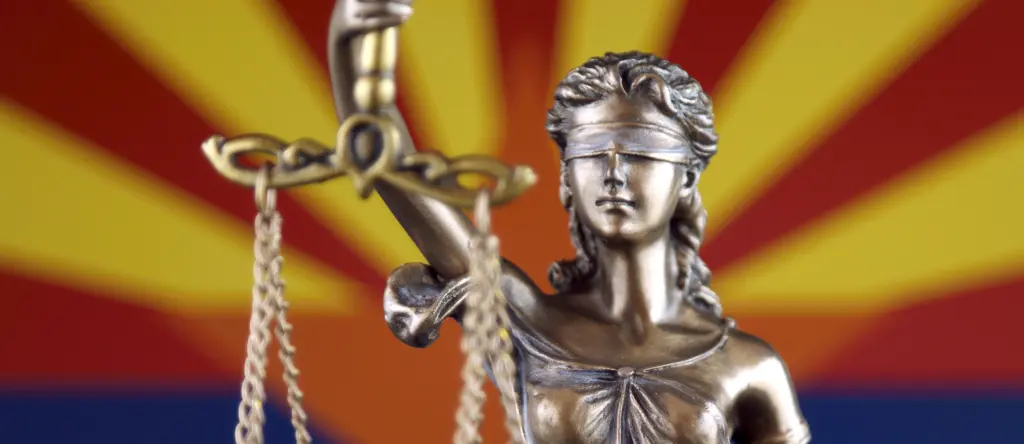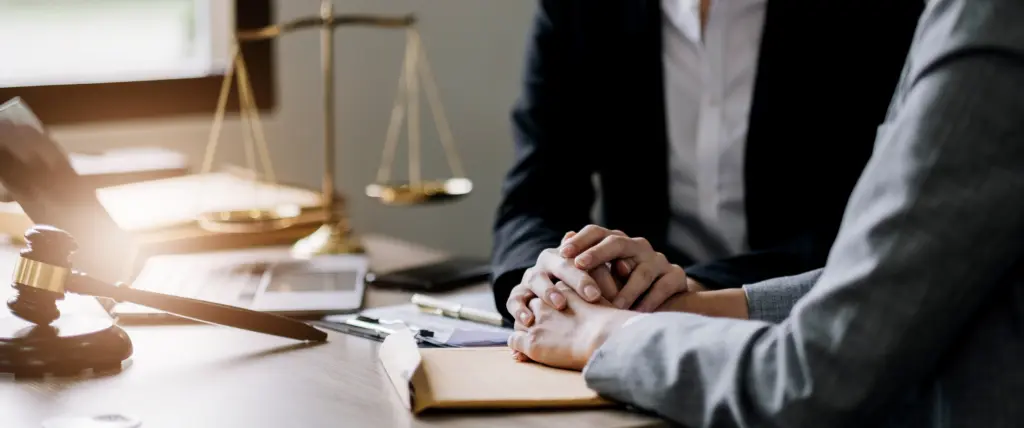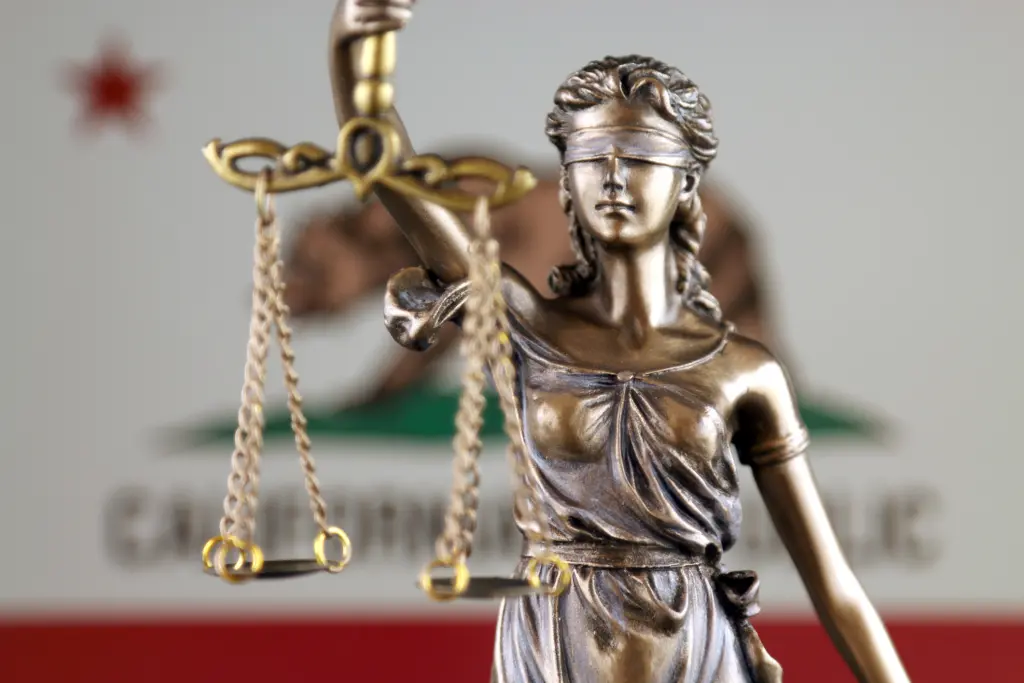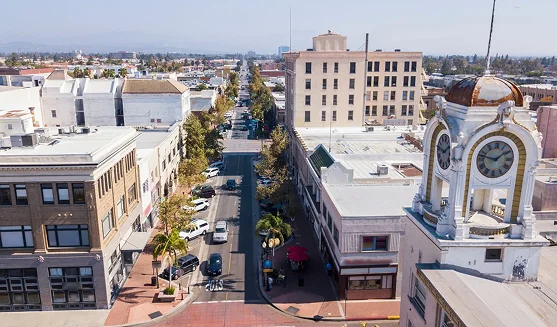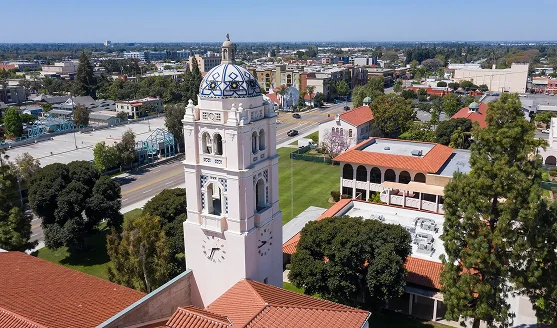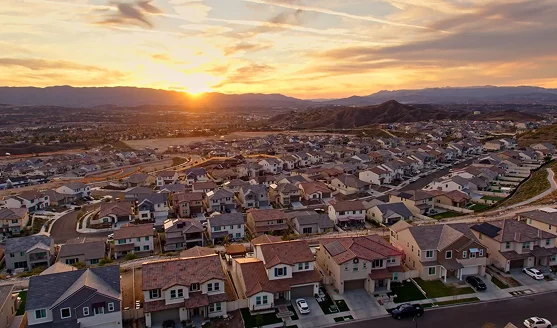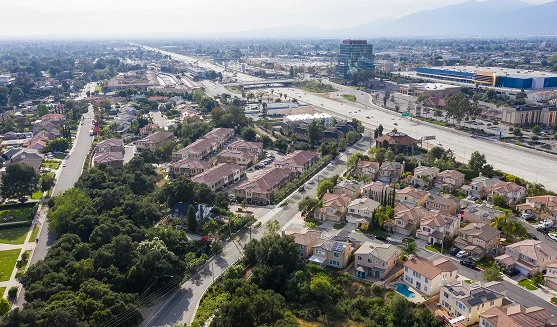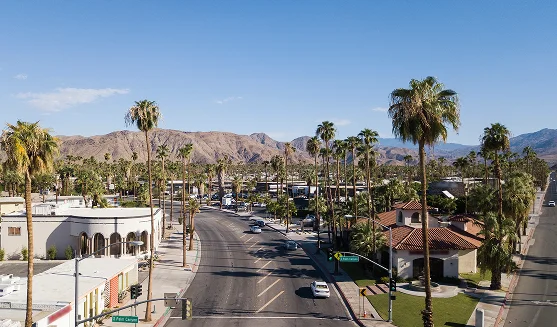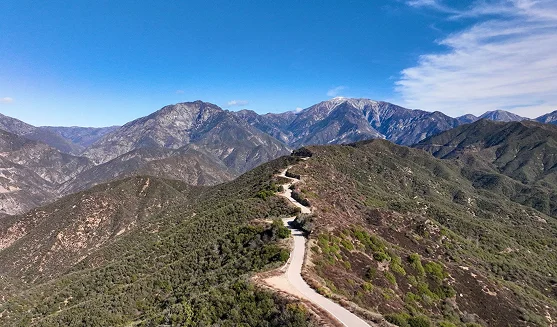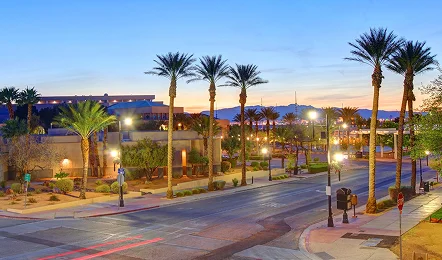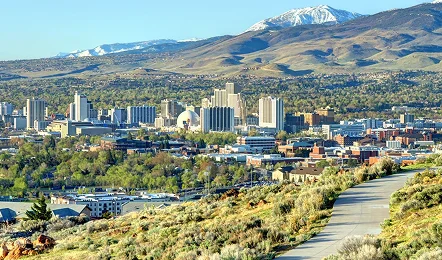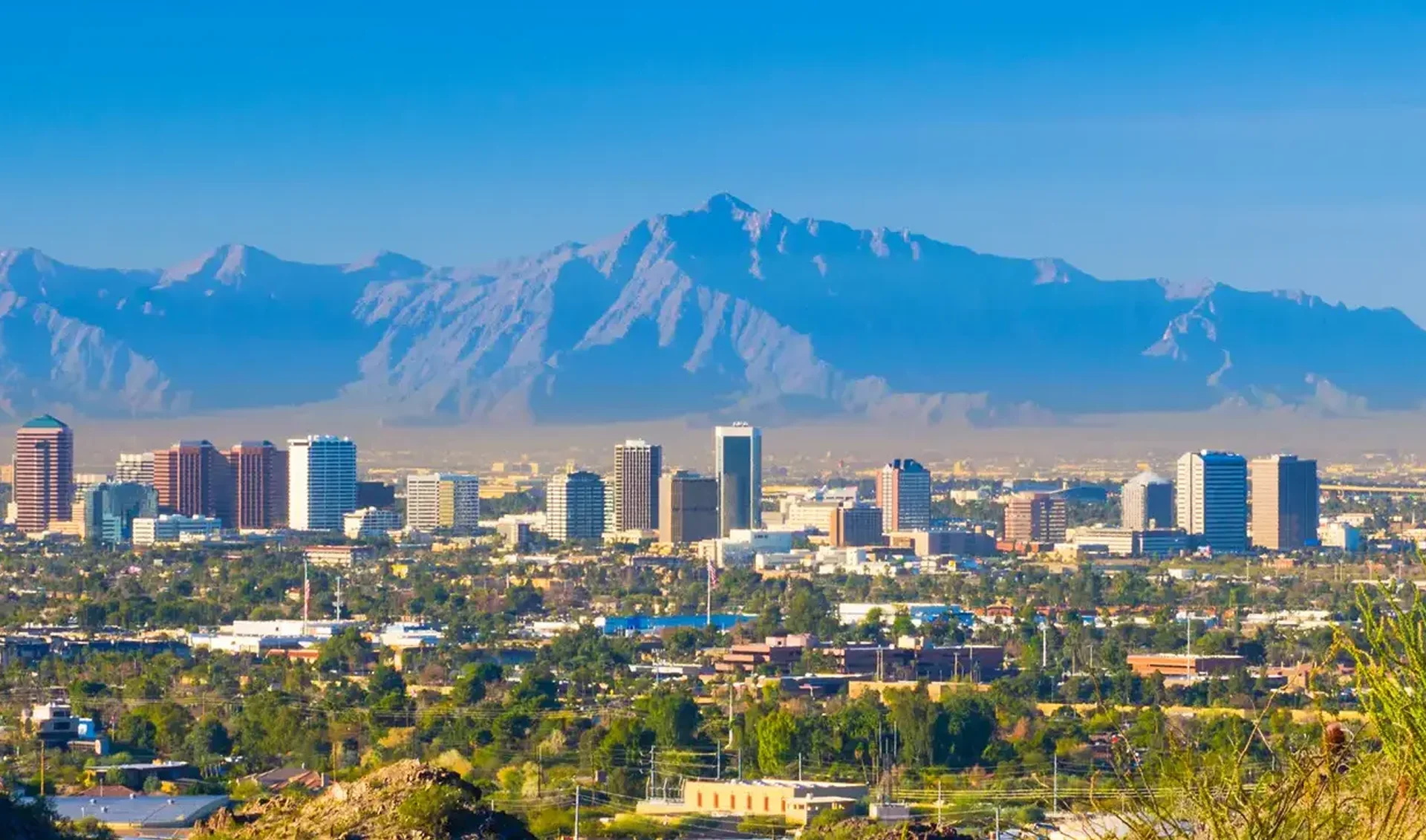
Tourists often expect to have a safe and enjoyable experience when entering a swimming pool or water park. But, amidst the fun, accidents can happen, turning what was supposed to be an entertaining day of water activities into a frustrating ordeal. If you have suffered an injury in a Las Vegas pool or water park, whether it is caused by a slip and fall or chemicals, you may be presented with legal options that can help you seek compensation. Understanding what paths are open for you to take is important as it can ultimately help you acquire a favorable outcome.
Common Injuries at Pools and Water Parks
Swimming pools, especially in a tourist destination like Las Vegas, are often used to spend time having fun with friends and family. But, they do come with a few risks that can lead to injuries. Some common forms of bodily harm that may occur include:
- Broken bones
- Traumatic brain injuries
- Head injuries
- Spinal injuries
To minimize such risks, property owners must comply with safety standards and ensure pools are well-maintained before allowing it to be used. Tourists will also need to follow any rules that have been established by property owners to keep themselves out of harm’s way.
Leading Causes of Pool and Water Park Injuries
Even though swimming pools and water parks bring plenty of thrill and excitement for tourists, they can pose safety risks, as well. From slippery surfaces to faulty equipment, several factors can cause pool and water park injuries. Being aware of these issues can help prevent accidents and ensure a safe swimming environment.
Slip and Fall Accidents
Slip and fall accidents in water parks and swimming pools can be caused by various factors, like:
- Wet floors
- Lack of signages
- Poor pool maintenance
- Running near the pool area
Drowning
Drowning can lead to serious or life-threatening injuries. This type of incident is often caused by:
- No supervision
- No warning signs
- Alcohol consumption
- Inexperienced swimming skills
- Slip and fall accidents
According to the Centers for Disease Control and Prevention (CDC), drowning deaths are on the rise in the United States. Since 2020, there have been more than 4,500 deaths annually. The most common age groups who drown in large bodies of water are children ages 1 to 4 and older adults that are 65 and older.
Furthermore, the United States Product Safety Commission (CPSC) shared the following details:
- An annual average of 371 fatal drowning-related swimming pool accidents
- 6,300 emergency room visits were caused by submersion injuries and swimming pool accidents, mostly involving small children.
Harmful Chemicals
Harmful chemicals in pools and water parks, like chlorine or bromine, can trigger bodily damage. For instance, if you make direct contact with high concentrations of pool chemicals, it can burn your skin or eyes. In addition, if you happen to swallow contaminated water, you may experience:
- Nausea
- Vomiting
- Severe toxicity
Diving Boards
Diving boards are used to jump into the water to add excitement to pool-related activities. But, it can be dangerous. Most injuries from diving board accidents stem from slipping and losing balance. The outcome may result in:
- Broken bones
- Sprains
- Head injuries
Pool Drain
A swimming pool drain injury can be devastating. If the lower part of a person’s body is covering the drain portal, the suction can drag them down. As a result, severe injuries may occur. Such an outcome can lead to personal injury cases, particularly due to pool owners or operators failing to enforce proper safety measures.
Defective Equipment
Defective equipment in swimming pools and water parks can pose significant harm onto guests, often causing serious injuries. Certain circumstances that may lead to bodily damage include:
- Broken diving boards
- Faulty slides
- Inadequate drainage systems
- Unresponsive safety alarms
- Poorly designed fencing
If injuries arise due to such defects, liability is expected to fall on the manufacturers or facility operators.
Steps to Take After the Accident
Steps to take after a swimming pool or water park injury can greatly affect your recovery and liability claim. From seeking medical attention to documenting the accident, we have provided a list of essential actions you should consider taking.
Seek Medical Attention
If you have sustained a swimming pool or water park injury, you should seek immediate medical attention to get the proper care needed for recovery. Your doctor will assess the affected area and provide a diagnosis. Soon after, they will create a care plan to help with the healing process. Your visits will be saved on file and can be used as evidence if you are planning to sue for the damages you incurred.
Report the Incident
Notify the staff members or the facility management about your injury. Be sure to mention specific details about the accident, like when it happened and who or what could have caused it. They may document your description of the incident in case of future claims or lawsuits. It will also help management understand what went wrong and figure out what needs to be done to improve the condition of the premises.
Gather Evidence
Evidence is important to gather to help strengthen your premises liability claim. The following are some crucial information you should get:
- Witness statements
- Photos of your injury and where the accident happened
- A copy of the incident report
- A copy of your medical records
Speak with a Las Vegas Premises Liability Lawyer
Las Vegas premises liability lawyers specialize in handling cases involving injuries on someone else’s property. At West Coast Trial Lawyers, we understand the state’s rules and regulations, and can help navigate you through the legal process to ensure all necessary paperwork has been filed correctly and is submitted on time. We will establish an effective approach with your needs and priorities in mind to ensure you receive a satisfactory outcome.
Who Can Be Held Liable?
In a swimming pool or water park accident, liability will depend on various circumstances. Possible at fault parties may include:
- Facility owners or operators
- Staff members
- Manufacturers
- Contractors
- Property owners
- Other guests
You will need to acquire substantial evidence to help support your case. Hiring a premises liability lawyer can also benefit you in the long-run. Legal professionals can analyze the information provided and identify who should be charged for the damages you incurred. From there, a strategic approach may be implemented against the responsible party with the motive to acquire full and fair compensation on your behalf.
Public Pool vs Private Pool: What Is the Difference?
Public and private pools have unique features and accessibility that distinguish one from the other. Let’s take a closer look at how these two options differ and what requirements are enforced.
Public Pool
A public pool can be accessed by the community. Oftentimes, admission fees or a membership may be required to enter the premises if it is located in a certain facility, like a hotel, gym, or club. It is strictly regulated by state and local health departments. Public property owners must meet Nevada’s standard for water quality, safety equipment, and regular inspections. Maintenance must be fulfilled by professional staff, and should involve:
- Regular cleaning
- Chemical balancing
- Safety checks
Private Pool
A private pool area is generally located in a residential home. Only homeowners and guests can be granted access to use one. Those who have a private pool must maintain safety by providing quality water and fencing to restrict others from easily entering the territory, like young children.
Unfortunately, many personal injury lawsuits have involved children. And, it is usually due to lack of supervision. In terms of swimming pool injuries, these claims may pertain to the attractive nuisance doctrine. This legal principle holds property owners liable for any bodily harm done to a child who trespassers onto the premises after encountering hazardous conditions. It is encouraged for property owners to establish proper safety protocols, like barricades or a covered pool, to protect unsupervised children.
When it comes to maintenance, it will be conducted by the homeowner or hired services. Since usage is lower compared to public pools, inspections are not as frequent. But, it is still suggested to have one done periodically to prevent potential hazards, like contaminated water, from affecting your health and safety.
What Damages Are Available?
Several types of damages may be available for the affected parties of a pool or water park accident. To calculate and determine what amount is owed, the court will assess whether the facility owner or operator acted negligently. They will look into the direct cause of the injury amongst other factors, like:
- Maintenance practices
- Safety protocols
- Employee training
Since Nevada runs under the modified comparative negligence rule, compensation will be granted if you are 50 percent or less at fault for the accident. Typically, economic damages and non-economic damages are given in such cases.
Economic Damages
Economic damages are financial costs you endured as a result of your injury, like medical expenses and lost wages.
Non-Economic Damages
Non-economic damages are intangible losses, including:
- Emotional distress
- Pain and suffering
- Loss of enjoyment of life
Get Legal Help with Your Pool or Water Park Injury Case for FREE
If you were injured while at a swimming pool or water park in Las Vegas, you may be entitled to sue the liable party. At West Coast Trial Lawyers, we will protect your legal rights, participate in settlement negotiations, and represent you in court if your case heads to trial. Our primary goal is to ensure we get you the justice and compensation you deserve for your losses.
To schedule a free consultation with an experienced personal injury attorney, you can reach out to our 24/7 legal team by calling (213) 927-3700 or completing our easy online contact form.










